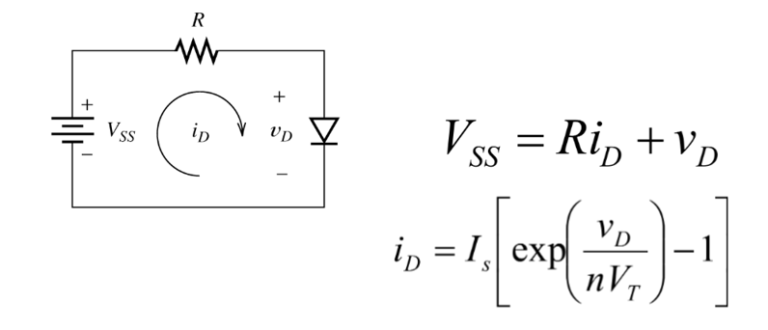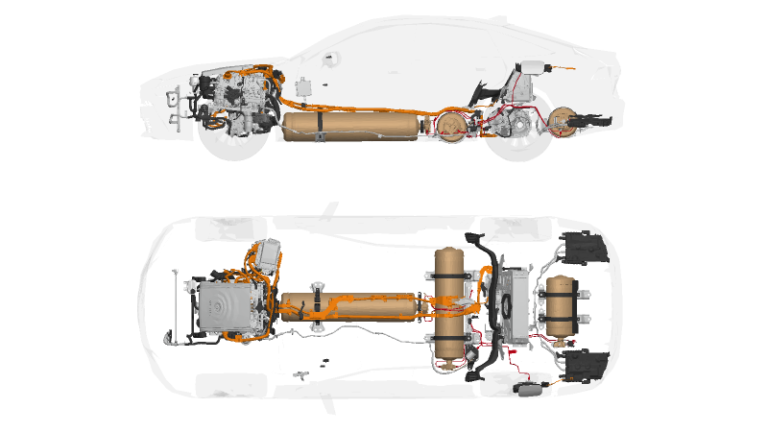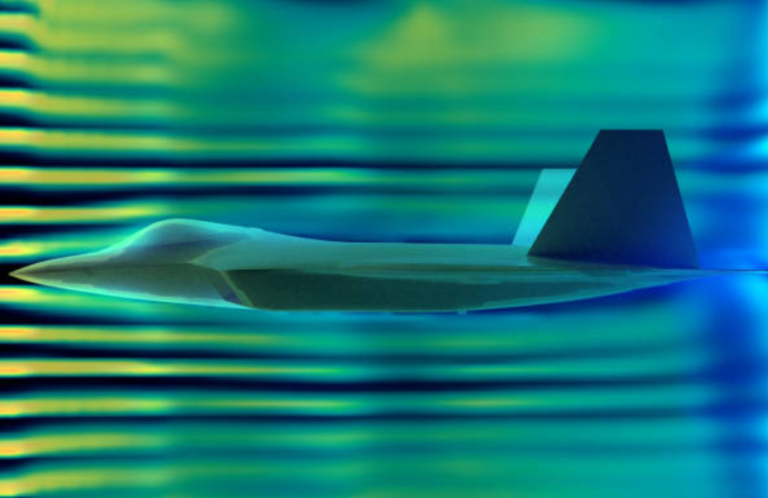What is a Diode?
A diode is a semiconductor device that allows current to flow in one direction serving as a one-way current switch. Diodes, also called rectifiers, convert alternating current (AC) into pulsating direct current (DC). They are categorized by type, voltage, and current capacity. With polarity determined by an anode (positive) and cathode (negative), diodes typically conduct…










